Loss and Damage Finance Project
Our Loss and Damage Finance Project was established in the lead-up to COP 26 to raise the profile of the need to massively scale up finance to address loss and damage in developing countries. The project aims to provide space for those working on Loss and Damage finance to coordinate, share intel, undertake research, develop key advocacy messages and provide thought leadership. The project addresses two key issues:
The first is to ensure that finance to address loss and damage in developing countries reaches the scale of the needs. Our aim is to ensure that at least 400 billion USD a year is disbursed through the Fund for Responding to Loss and Damage (FRLD) with the Baku to Belém Roadmap to 1.3T delivering at least 724.43 billion USD in new and additional grants by 2030 under the New Collective Quantified Goal (NCQG).
The second is to provide thought leadership on the work needed to fully operationalize the FRLD and the Barbados Implementation Modalities (BIM). This includes ensuring that the Board of the Fund and the World Bank as the interim host of the secretariat of the Fund and trustee enable direct access to Loss and Damage finance for all developing countries, Indigenous Peoples, community organisations and groups, and that meaningful participation is guaranteed for active observers in the work of the Board.
For enquiries directly related to the Loss and Damage Finance Project please contact:
info[@]lossanddamagecollaboration.org
Team Members
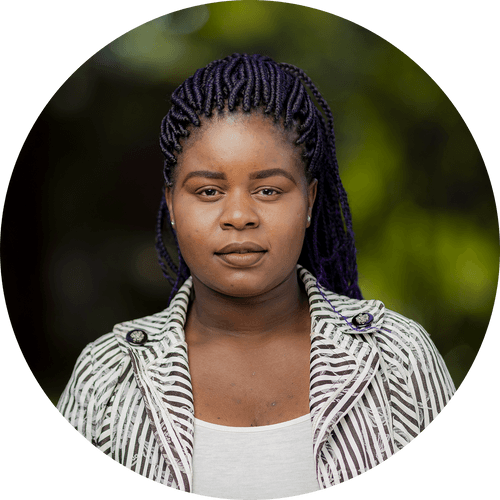
BRENDA MWALE
Brenda (she/her) is a climate change advocate with more than eight years of experience in policy advocacy, community engagement, partnerships, climate education, and intergovernmental processes. She is currently a negotiator for Malawi on Loss and Damage and coordinates the Finance Working Group of the L&DC. She has expertise in gender and youth mainstreaming and engagement. Brenda is also a farmer and uses the platform to advocate for sustainable food systems.

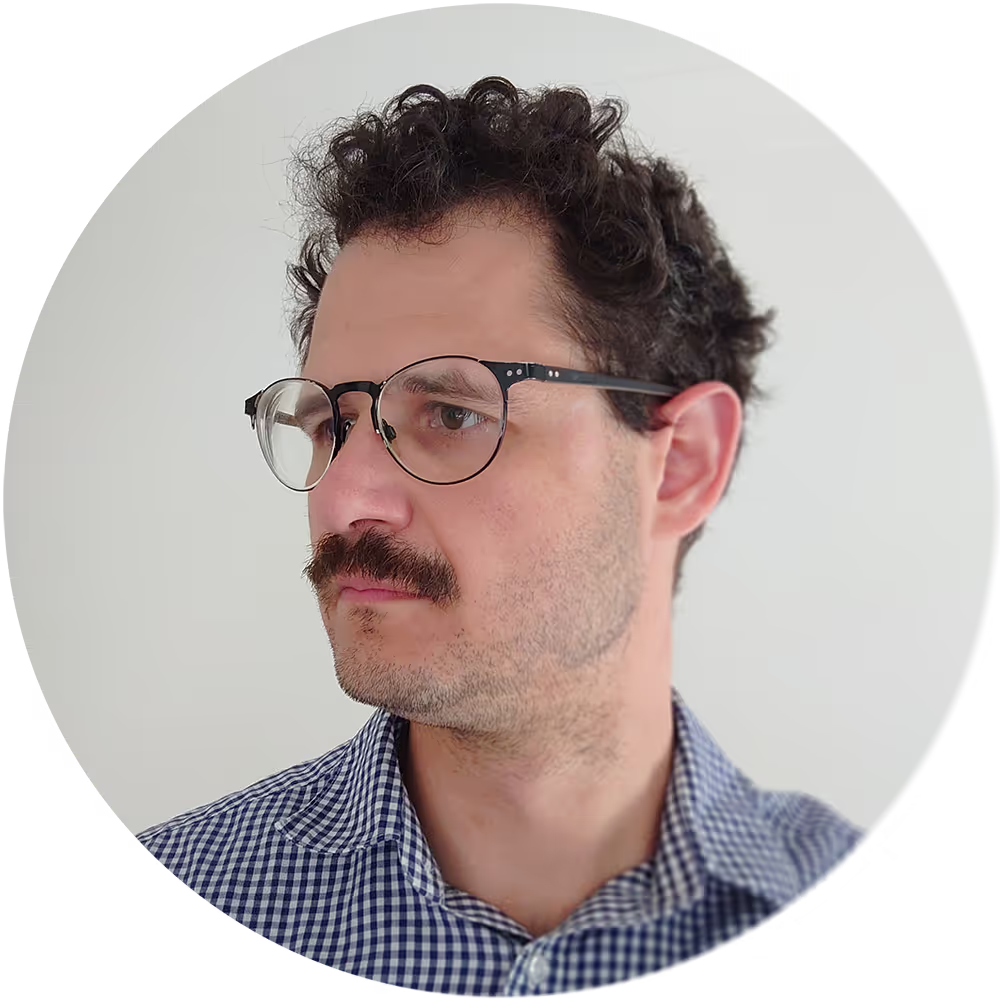
TEO ORMOND-SKEAPING
Teo has worked on advocacy and communications on Loss and Damage finance since before COP 26 and has closely followed the Transitional Committee processes to operationalise the FRLD and every meeting of the Fund’ s Board. He has also followed the technical expert dialogues and ad hoc work programme meeting of the NCQG on Climate Finance and Baku to Belém Roadmap to 1.3T. He is the co-author of a number of briefs on Loss and Damage finance and the Fund including “The Cost of Delay”.

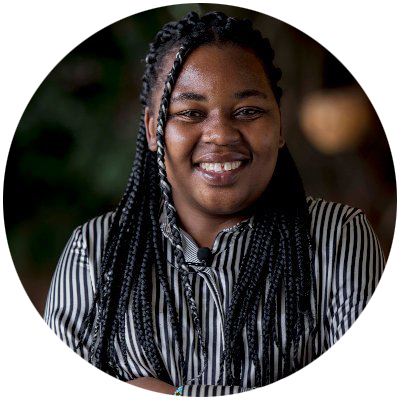
HYACINTHE NIYITEGEKA
Hyacinthe (she/her) is a water scientist with experience in the fields of Loss and Damage as well as broader climate policy. In her role, she oversees day-to-day operations, coordinates the L&DC membership and leads and supports the delivery of technical outputs—particularly related to the Warsaw International Mechanism for Loss and Damage and its Santiago Network. She also co-leads our Santiago Network project, where she drives member engagement and coordination.

Project Outputs
2025
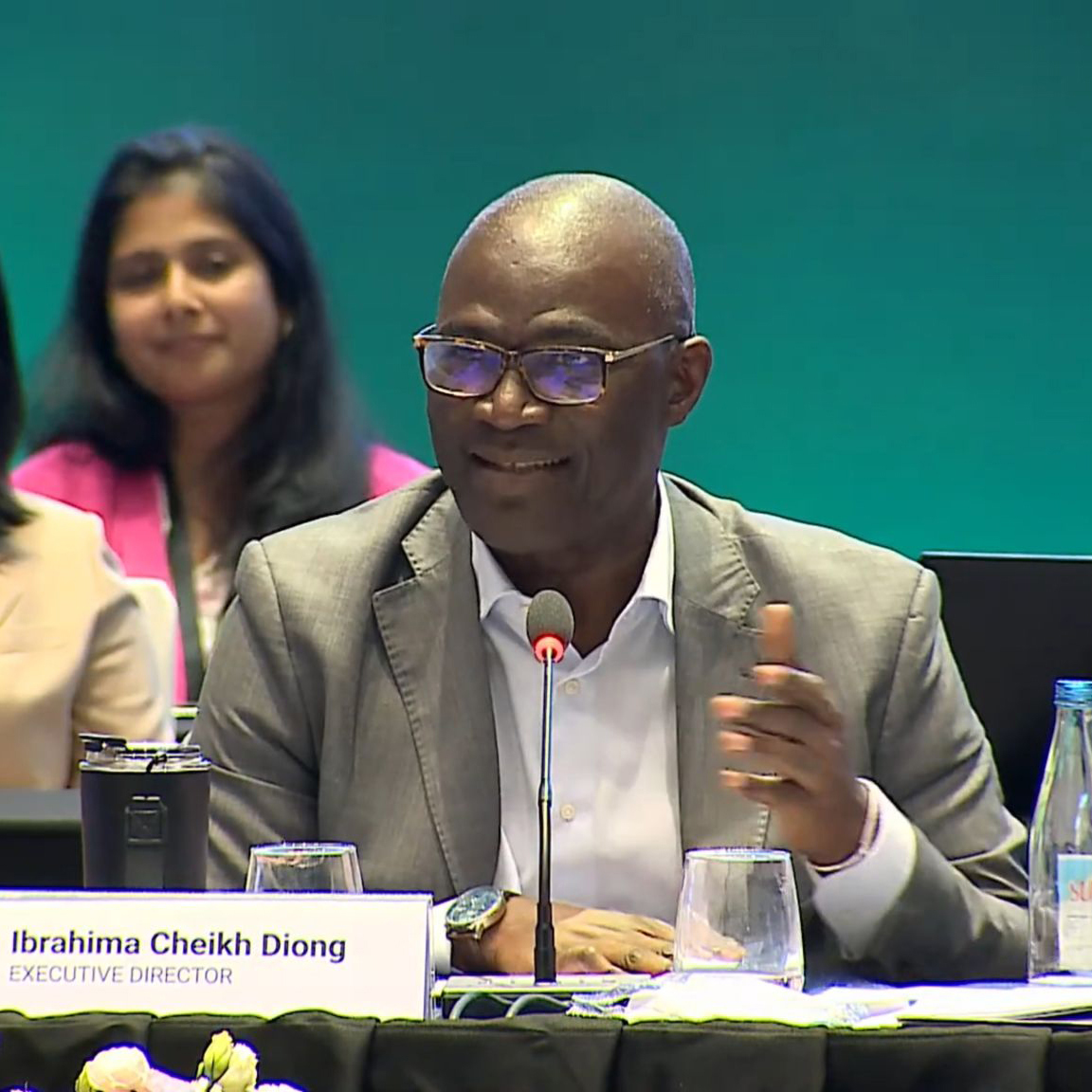
WHAT HAPPENED AT THE SEVENTH MEETING OF THE BOARD OF THE FUND FOR RESPONDING TO LOSS AND DAMAGE: A RAPID REACTION
%20(2)%20(2)%20(1).jpg)
CLOSING THE GAP: ENSURING COMMUNITY ACCESS IN THE FUND FOR RESPONDING TO LOSS AND DAMAGE

FILLING THE FUND FOR RESPONDING TO LOSS AND DAMAGE: DEVELOPED COUNTRIES FAIR SHARES
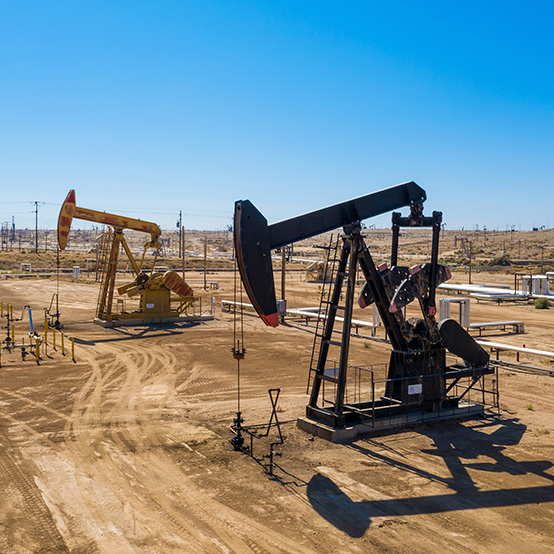
INNOVATIVE SOURCES DEVELOPED COUNTRIES CAN MOBILISE TO MEET THEIR OBLIGATIONS TO FILL THE FUND FOR RESPONDING TO LOSS AND DAMAGE
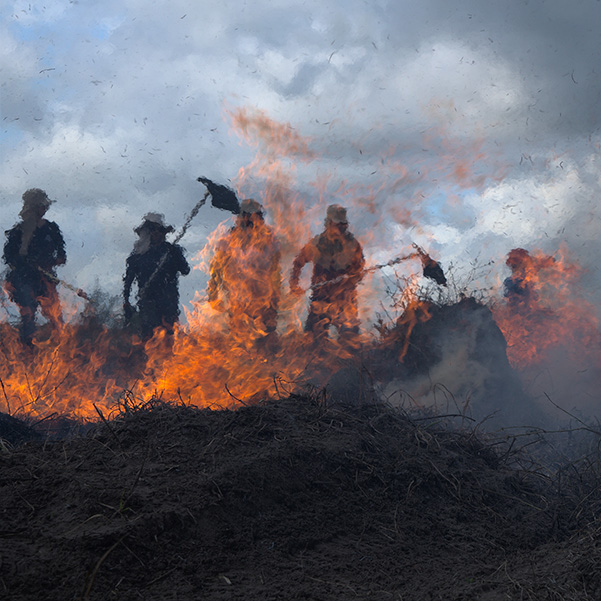
THE START UP PHASE OF THE FUND FOR RESPONDING TO LOSS AND DAMAGE: A PROPOSAL FOR PROJECT/PROGRAMME CYCLE THAT DELIVERS RAPID RESPONSE WITHIN 48 HOURS AND REGULAR RESPONSE WITHIN TWO MONTHS
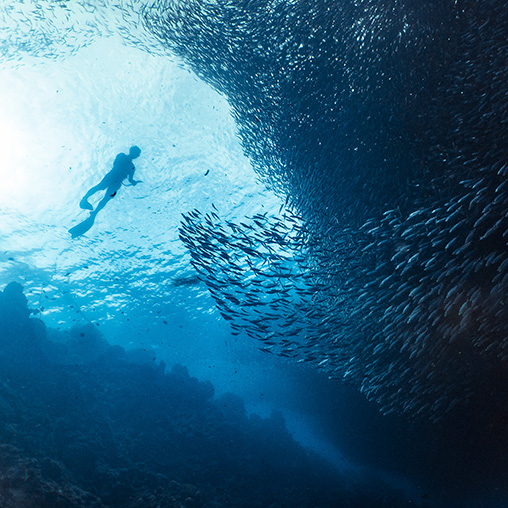
DAILY POLICY UPDATES FOR THE SEVENTH MEETING OF THE BOARD OF FUND FOR RESPONDING TO LOSS AND DAMAGE

KEY MESSAGES FOR THE SEVENTH MEETING OF THE BOARD (B7) OF THE FUND FOR RESPONDING TO LOSS AND DAMAGE (FRLD)
%20(1)%20(1).jpg)
DAILY POLICY UPDATES FOR THE SIXTH MEETING OF THE BOARD OF FUND FOR RESPONDING TO LOSS AND DAMAGE

KEY MESSAGES FOR THE SIXTH MEETING OF THE BOARD OF THE FUND FOR RESPONDING TO LOSS AND DAMAGE

NEW ADVICE FROM LEGAL RESPONSE INTERNATIONAL AFFIRMS NCQG FINANCE FOR THE FUND FOR RESPONDING TO LOSS AND DAMAGE AND NDCS
%20(1).jpg)
DAILY UPDATES ON LOSS AND DAMAGE AT THE 2025 BONN CLIMATE CONFERENCE

KEY TAKEAWAYS FROM THE FIRST ANNUAL HIGH LEVEL DIALOGUE OF THE FUND FOR RESPONDING TO LOSS AND DAMAGE

Release of the workplan of the Baku to Belém Roadmap to 1.3T
.jpg)
KEY MESSAGES FOR THE FIRST ANNUAL HIGH-LEVEL DIALOGUE ON COORDINATION AND COMPLEMENTARITY

DAILY POLICY UPDATES FOR THE FIFTH MEETING OF THE BOARD OF FUND FOR RESPONDING TO LOSS AND DAMAGE

KEY MESSAGES FOR THE FIFTH MEETING OF THE BOARD OF THE FUND FOR RESPONDING TO LOSS AND DAMAGE

FUND FOR RESPONDING TO LOSS AND DAMAGE: WHAT TO WATCH OUT FOR AND WHAT NEEDS TO HAPPEN IN 2025 | WEBINAR

SUBMISSION TO INFORM THE DEVELOPMENT OF THE BAKU TO BELEM ROADMAP TO 1.3T

What does the U.S. withdrawal from the Board of the Fund for Responding to Loss and Damage mean for Loss and Damage?


%20(1).jpeg)

%20(1).jpg)

.jpg)
.jpg)
.jpg)


.jpg)







_Small_Sq.jpg)












